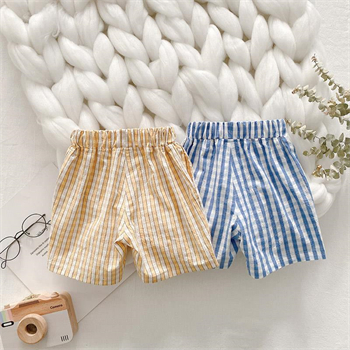Introduction: As sustainability gains importance in the fashion industry, shorts have become a focal point for ethical choices. This article explores the world of sustainable shorts, discussing eco-friendly materials, responsible manufacturing practices, and the impact of ethical fashion on both consumers and the environment.
1. Organic Fabrics: Sustainable shorts often use organic cotton, hemp, or bamboo, reducing the use of harmful chemicals and promoting soil health.
2. Recycled Materials: Shorts made from recycled polyester, plastic bottles, or post-consumer textiles divert waste from landfills and minimize the environmental footprint.
3. Low-Impact Dyes: Eco-conscious shorts are dyed using low-impact and natural dyes, which consume less water and reduce chemical pollution.
4. Fair Labor Practices: Brands committed to sustainability ensure fair wages, safe working conditions, and ethical treatment of workers throughout the supply chain.
5. Transparent Supply Chain: Ethical shorts brands promote transparency by sharing information about sourcing, manufacturing, and labor practices.
6. Longevity and Versatility: Sustainable shorts are designed for durability, encouraging consumers to invest in quality pieces that stand the test of time.
7. Consumer Awareness: By choosing sustainable shorts, consumers contribute to a positive change in the fashion industry and promote environmental consciousness.
Conclusion: Sustainable shorts empower consumers to make ethical choices without compromising style. By supporting eco-friendly brands, individuals can contribute to a more responsible and sustainable fashion landscape.







